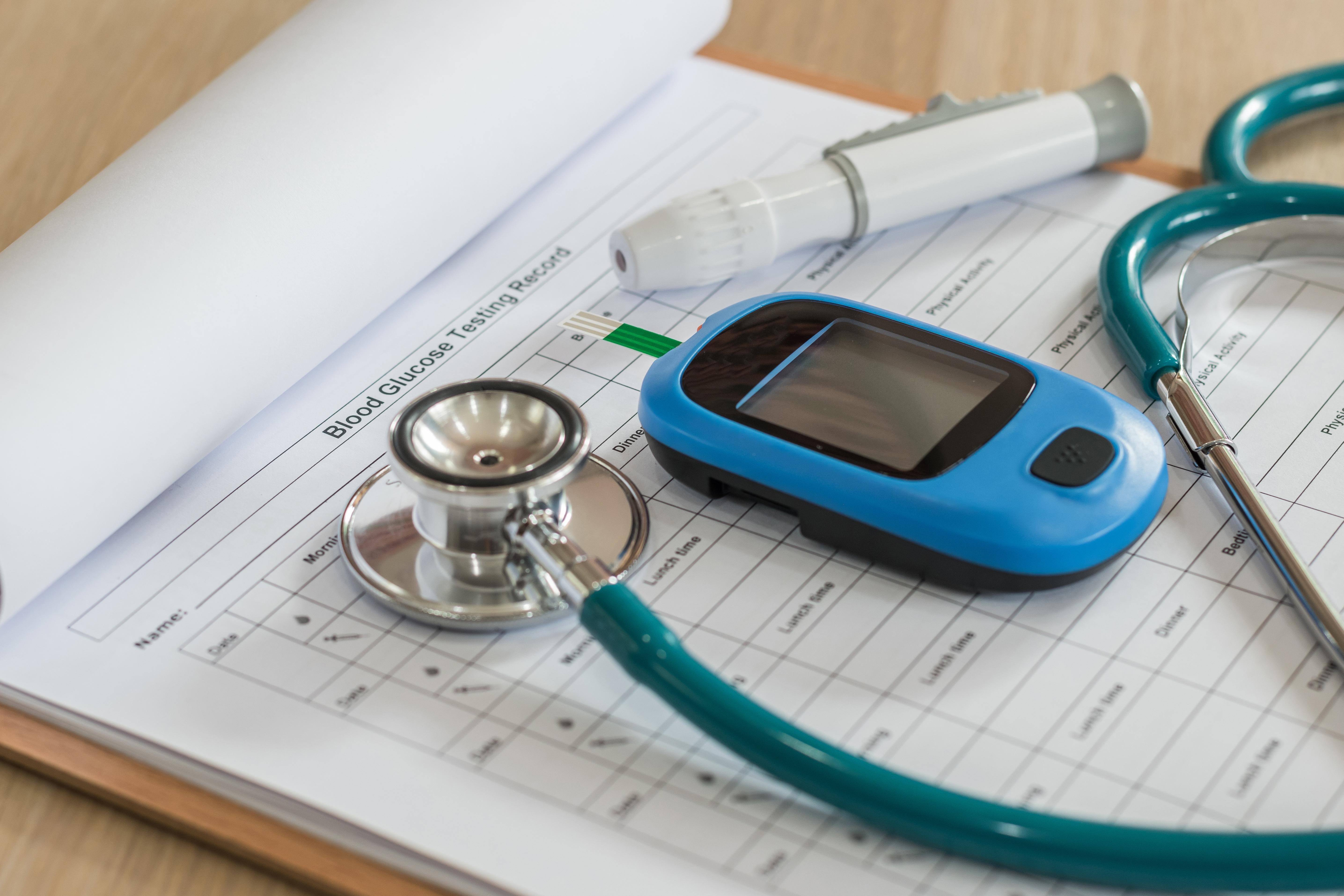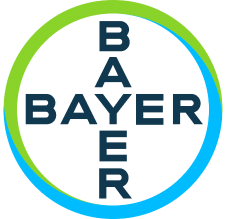People who have diabetes are at higher risk for kidney disease and often don't know it.
People with type 2 diabetes should get tested for kidney disease.
Tests for Kidney Disease
Glomerular filtration rate (GFR): A blood test that checks how well the kidneys are filtering. GFR is calculated from serum creatinine using a formula.
Albumin-to-creatinine ratio (ACR): A urine test that checks for high protein in the urine, which is a sign of kidney damage.
Blood Sugar Tests
Blood glucose and A1C: Tests that are used to diagnose diabetes or monitor glucose levels for people with diabetes. Glucose is a type of sugar.
A home test can help monitor blood sugar levels.
Type 2 diabetes and kidney disease can be treated.
Blood Sugar Control
Keeping your blood sugar well controlled is important in managing diabetes and kidney disease. Blood sugar control is usually done with diet, exercise, and if needed, medicine to help lower blood sugar.
Medicines
Speak with a healthcare professional about treatments and which ones are best for you, based on your individual medical situation. Take all medicines as instructed by your healthcare team.
Avoid overuse of NSAIDs, such as ibuprofen and naproxen, which can harm kidneys. Avoid herbal supplements. Many herbal products can harm the kidneys.
Steps can be taken to manage health and reduce risk.
Diet
Manage your sugar intake and eat healthy meals. A dietitian can help with a meal plan for diabetes and kidney disease that balances carbohydrate and protein intake.
Manage blood pressure and control your intake of salt.
Lifestyle
Manage weight and get enough physical activity. You can speak with your healthcare team for help in deciding which lifestyle changes are best for you.
Patients
Learn about diabetes and its relationship with your body, your kidneys, and kidney disease.

Links to Diabetes Content

Test you knowledge and learn more about about diabetes and kidney disease.
Healthcare Professionals
The following resources were created for healthcare professionals to better prevent, diagnose and treat diabetes.


A resource for healthcare professionals that addresses evaluation and management of patients with diabetic kidney disease (DKD), including considerations for heart and kidney health.

Clinical Guidelines
- The Kidney Disease: Improving Global Outcomes (KDIGO) 2020 Clinical Practice Guideline for Diabetes Management in CKD
- Use of Renin-Angiotensin System Blockade in Advanced CKD: An NKF-KDOQI Controversies Report
- KDOQI Clinical Practice Guideline for Diabetes: Update 2012
- KDOQI Clinical Practice Guidelines and Clinical Practice Recommendations for Diabetes and Chronic Kidney Disease: 2007
Support for this online resource is provided by Bayer.


